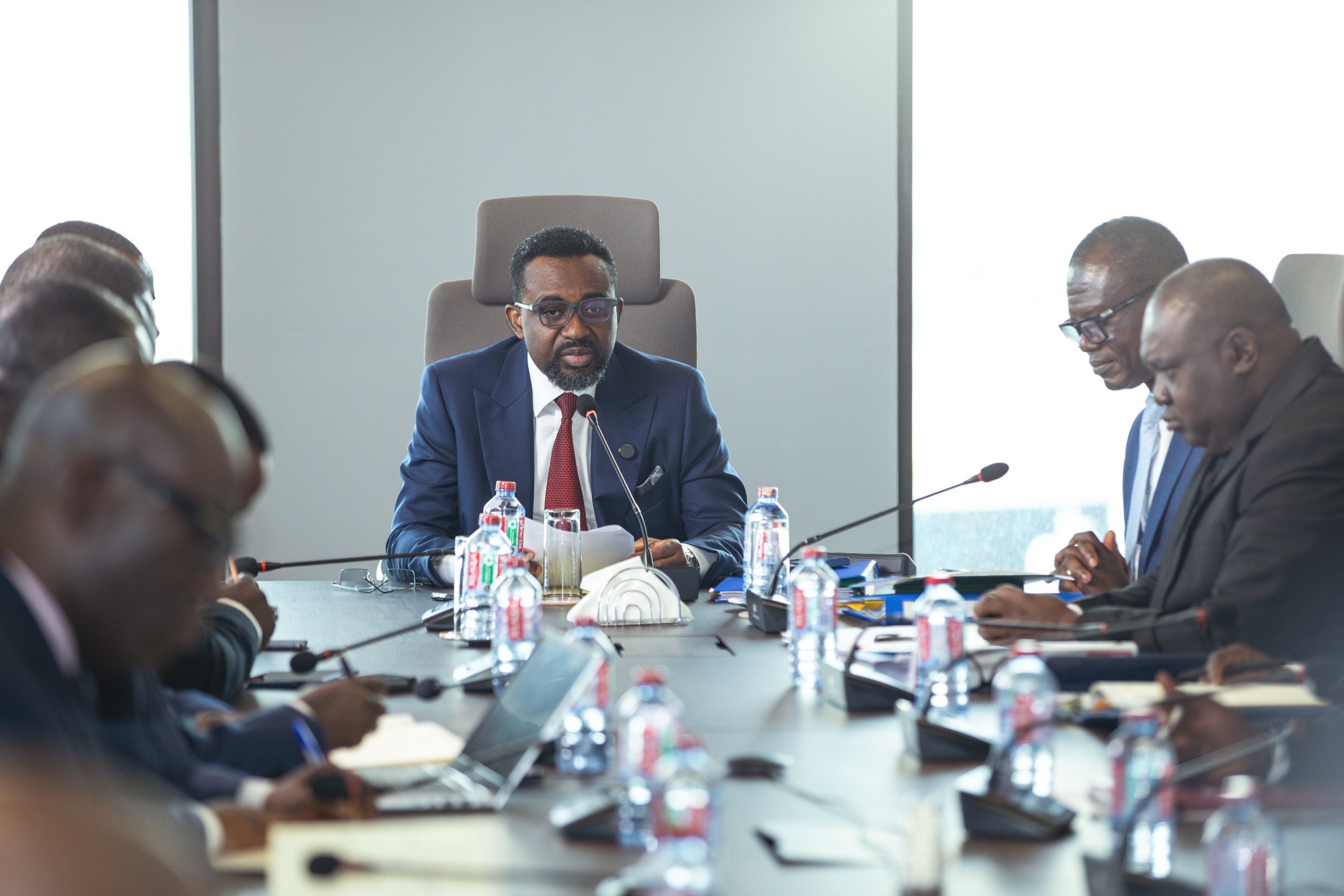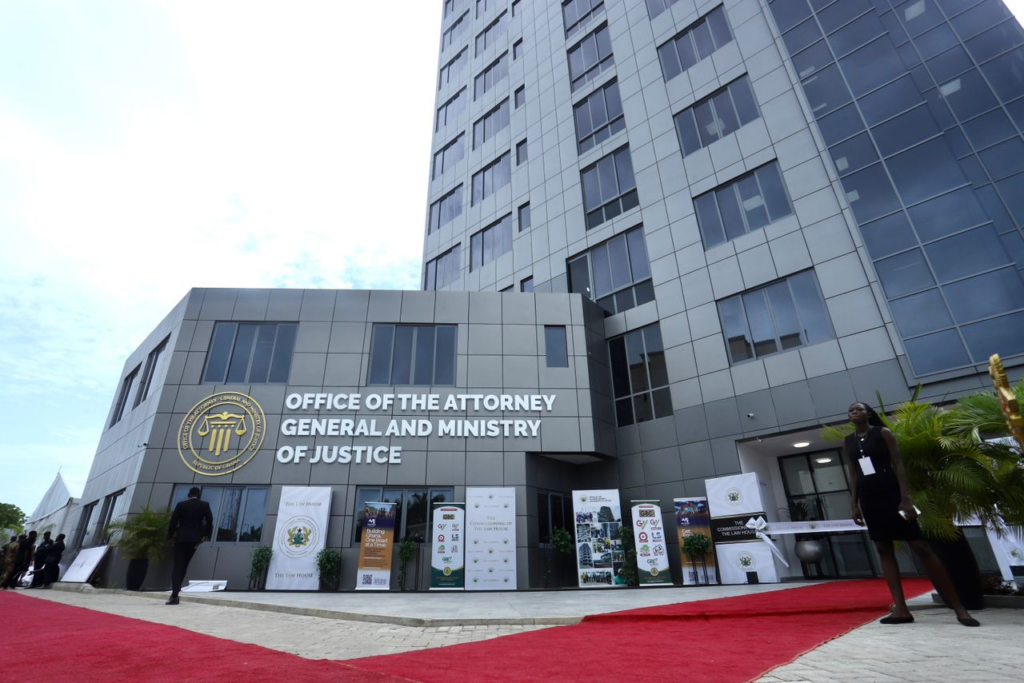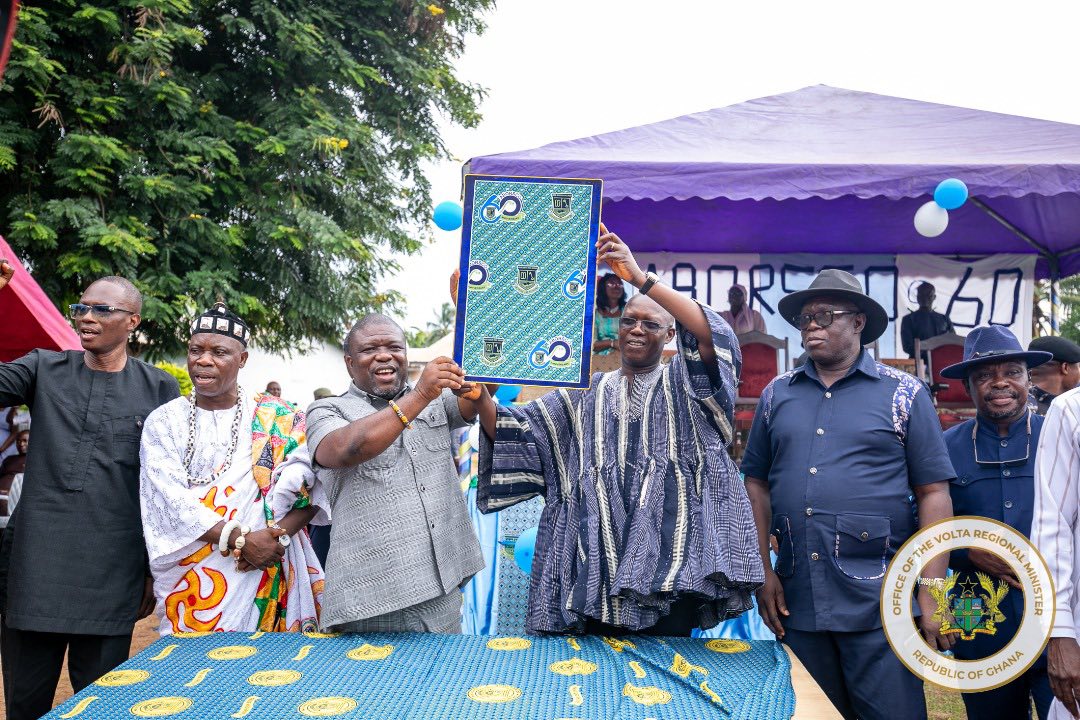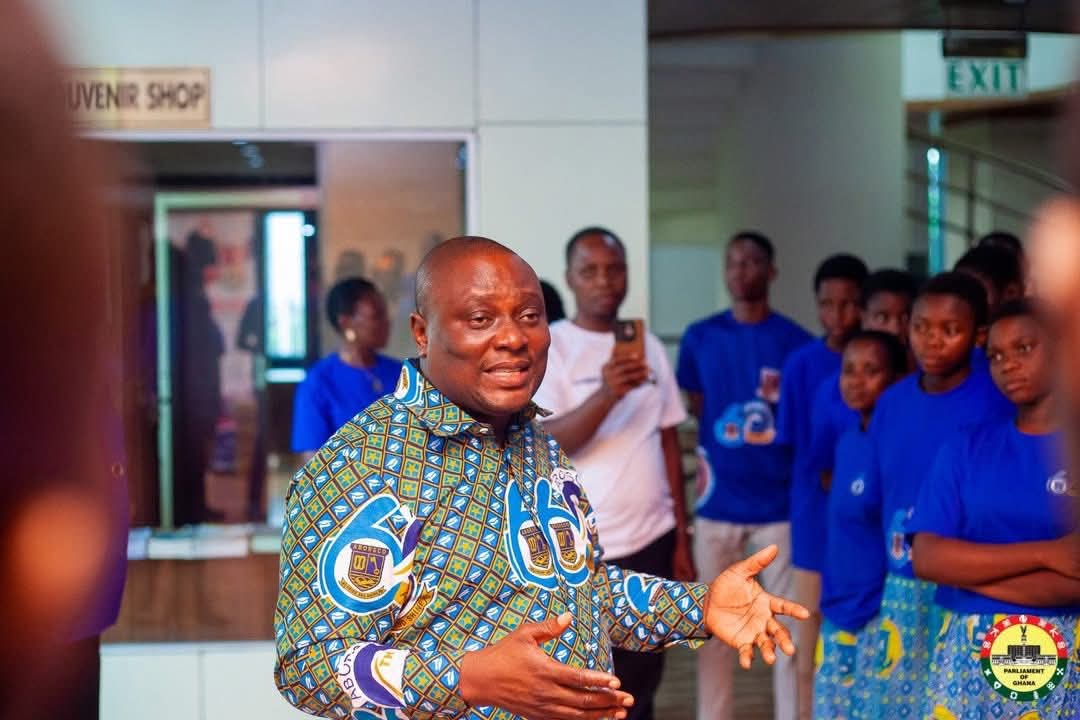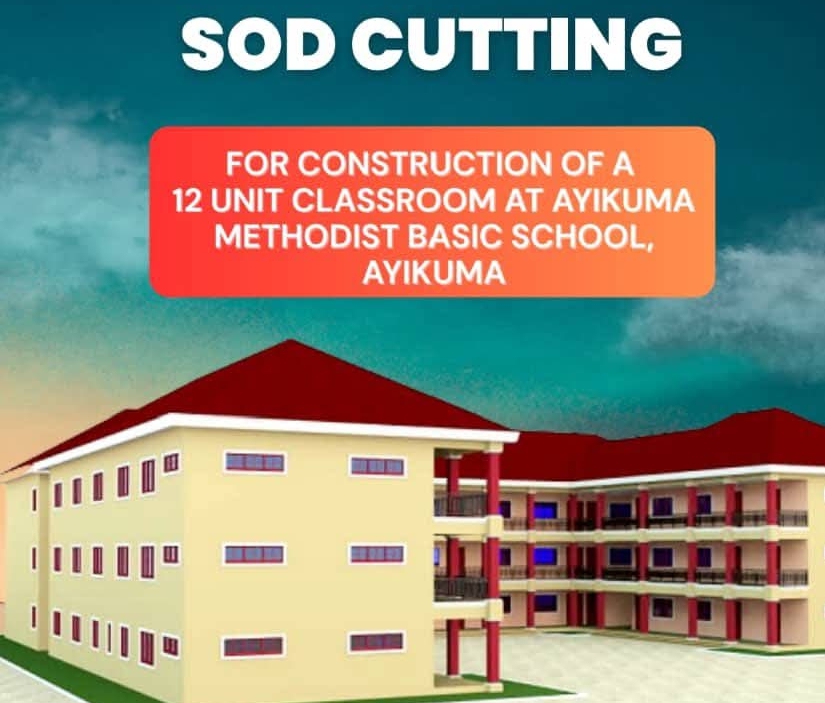The Monetary Policy Committee (MPC) of the Bank of Ghana (BoG) has begun the 123rd Regular Meeting from today Monday, March 24, 2025, to Wednesday, March 26, 2025, to review developments in the economy under the chairmanship of Dr. Johnson Asiama with determination to make the Committee’s decision factors more accessible to the public.
According to the Governor, there’s a growing sense in the public commentary that MPC decisions are taken behind closed doors without clear, data-driven reasoning and to counter this, “I am proposing that we implement mechanisms to make the Committee’s decision factors more accessible—whether through publishing voting outcomes or enhancing the narrative content of our policy statements”.
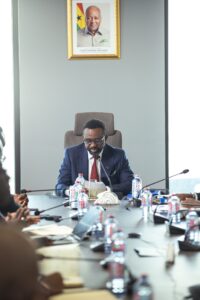
The Governor again proposed how the Committee could simplify the way the Bank presents its forecasts at a press conference “so the public and market participants can better understand the underlying policy story”.
Dr. Asiama was of the view that these changes if implemented, would strengthen the Banks’ credibility and deepen trust in the policy framework.
The Governor made these propositions known when he opened the 123rd Monetary Policy Committee Meetings at the Bank of Ghana on 24 March 2025.
On the macroeconomic level in which they are meeting, the governor is not comfortable with a high rate of inflation of 23 percent, mentioning the fact that “progress has been slow, particularly on a month-on-month basis”.
“For instance, structural drivers of food inflation remain persistent. The external environment, though currently supportive, is becoming increasingly volatile. We’ve seen a strong trade surplus and solid reserve build-up on the back of gold exports and remittance flows. But a possible escalation in global tariff wars, rising geopolitical tensions, and weakening Chinese demand could quickly shift the dynamics. These global factors could also have spillover effects on inflation, capital flows, and exchange rate stability”.
He adds, “domestically, the 2024 fiscal outturn was expansionary, with the deficit exceeding program targets. We have seen encouraging signs of consolidation early in 2025, but questions remain as to whether current measures are adequate to anchor expectations and satisfy upcoming IMF program reviews”.
On financial conditions he notes, “liquidity in the system has increased, commercial banks have raised concerns about the CRR framework, and we must carefully assess its macro-financial implications—especially with respect to inflation, foreign exchange demand, and credit growth. While private sector credit is recovering in nominal terms, real credit growth remains modest”.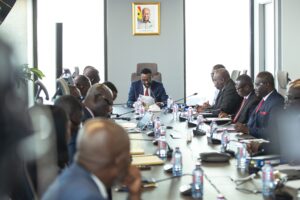
Banks are still cautious, and NPL levels remain a concern.
He, however, acknowledged that “microfinance and rural banking sectors are showing early signs of stability, but recapitalization and regulatory reforms must continue to preserve confidence.
We must also acknowledge that some of today’s challenges stem from earlier monetary and fiscal policy missteps—particularly loose fiscal policy during periods of macro stress, weak monetary fiscal coordination, and delays in key structural reforms.
These contributed to elevated inflation, impaired policy transmission, and a loss of credibility. It is essential that we reflect on these issues—not to assign blame, but to strengthen our institutions and avoid repeating past mistakes. There are also deeper, structural issues we must not lose sight of—such as underinvestment in agriculture, persistent exchange rate misalignments, and the need to deepen domestic financial markets”.
The task over the next few days is for the MPC to weigh these developments rigorously, and to reach a policy stance that reinforces the disinflation path without undermining the recovery or destabilizing market expectations as he trusts that “our discussions will be candid, evidence-based, and guided by our shared mandate of maintaining price stability and supporting sustainable growth. With these reflections, I now formally declare the 123rd meeting of the Monetary Policy Committee open”.
Professor Festus Ebo Turkson and Professor Joshua Yindenaba Abor are now external members of the newly reconstituted MPC.
By Edzorna Francis Mensah

























